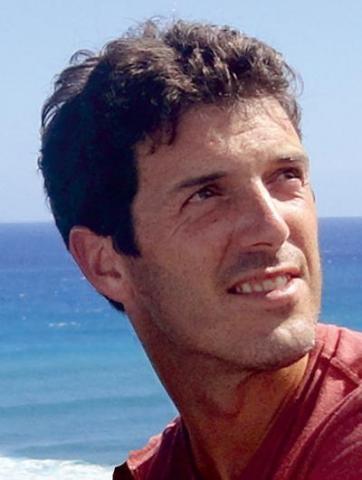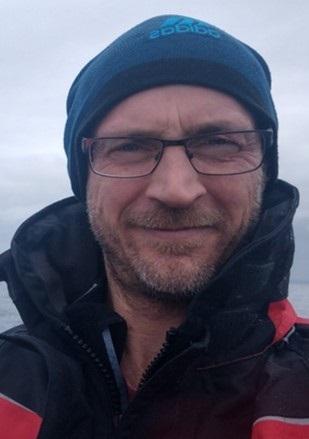About the project
Solar energy ultimately drives all biogeochemical cycles and sustains planetary habitability. In the oceans, diverse microbes absorb this solar energy and many use it in photoautotrophic processes that ‘fix’ new carbon, thereby sustaining the carbon cycle. Often, however, carbon-fixation is limited by available nutrients (for example, iron) but light is still absorbed to drive photoheterotrophic processes [1]. There is an increasing appreciation of the importance and role of this photoheterotrophic metabolism in ocean systems in powering vital cellular processes such as CO2 concentration and nutrient uptake [2]. However, the mechanistic basis of different photoheterotrophic processes and how/when they are used are not well understood [3]. This project aims to couple in situ and experimental approaches to understand the conditions under which different solar energy capture strategies are used and the cellular processes they maintain. This will provide important new insights into the use of solar energy to sustain the planetary system, and how the system evolved and will adapt in a future ocean.
For full project details visit the Inspire project page.
Supervisors:
- Professor Tom Bibby (University of Southampton)
- Professor Mark Moore (University of Southampton)
- Dr Torrado (University of Seville)

